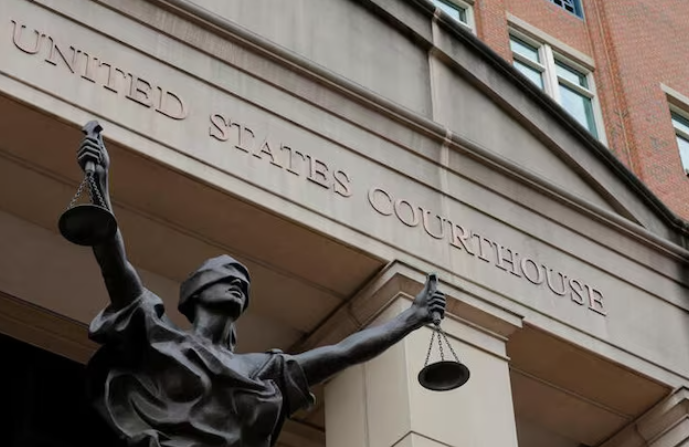On Tuesday, the 9th U.S. Circuit Court of Appeals in Seattle upheld an Oregon law that bans most secret recordings of oral conversations, rejecting a First Amendment challenge by the conservative activist group Project Veritas. The court ruled 9-2 that the law does not violate free speech rights and is narrowly tailored to protect conversational privacy.
Court’s Decision and Reasoning
In its decision, the court emphasized Oregon’s significant governmental interest in ensuring that individuals are aware when they are being recorded. Circuit Judge Morgan Christen, writing for the majority, warned about the risks posed by secret recordings, such as the potential for edited audio “deepfakes” that could falsely portray individuals.
Christen noted that the law does not hinder undercover journalism, as journalists can still report what they observe and hear without using secret recordings. The judge highlighted historical examples of impactful journalism conducted without hidden recording devices, demonstrating that such tools are not essential for investigative reporting.
Dissenting Opinion
Circuit Judge Kenneth Lee, one of the two dissenting judges, argued that Oregon’s law is “grossly overbroad” and jeopardizes journalists’ ability to report on newsworthy events. He expressed concerns about the law’s impact on capturing conversations in public, uncovering abuses of power, or exposing misconduct by influential individuals.
Reaction and Future Appeal
Project Veritas’ lawyer, Benjamin Barr, expressed disappointment with the decision and announced plans to appeal to the U.S. Supreme Court. Barr argued that the ruling hampers undercover journalists in Oregon, preventing them from investigating corruption and working with whistleblowers. He contended that the First Amendment should protect secret recordings as robustly as it does traditional journalistic practices.
On the other hand, Oregon’s Attorney General Dan Rayfield praised the court’s decision, calling the ban an “important safeguard” for privacy rights. The law, dating back to 1959, includes exceptions for recording during felonies that endanger human life and for recording law enforcement officers performing official duties.
Background and Implications
Project Veritas, known for its use of covert recordings to target liberal organizations and media, sued Oregon in 2020. The group claimed the law made it impossible to record protests about racial injustice in Portland following the killing of George Floyd. Critics have accused Project Veritas of using deceptive tactics by publishing edited recordings.
The ruling underscores the balance between privacy rights and freedom of the press, particularly in the digital age where the potential for misuse of recorded conversations is high. The case, Project Veritas et al v. Schmidt et al, now awaits further developments as Project Veritas prepares its appeal to the Supreme Court.

